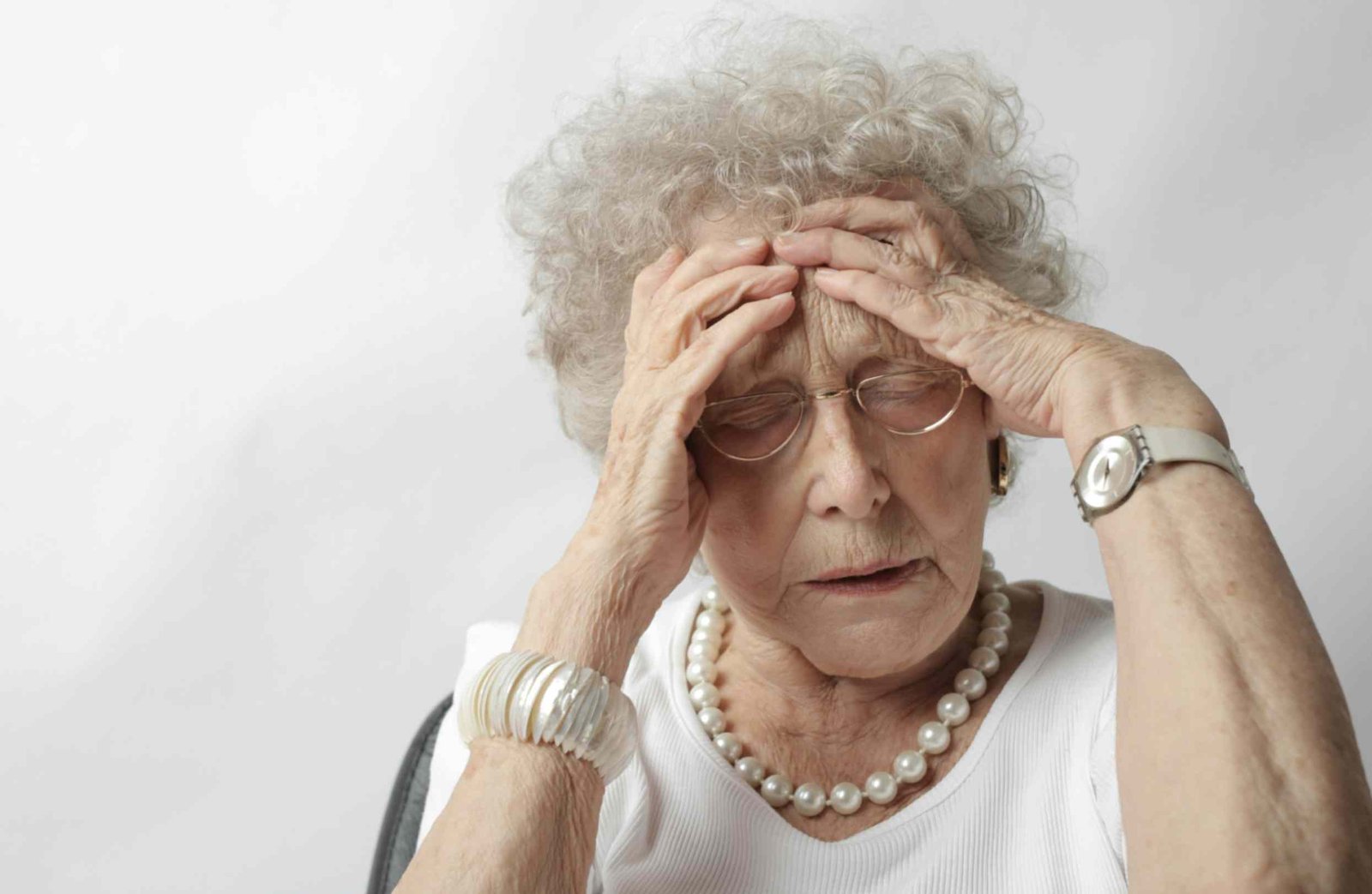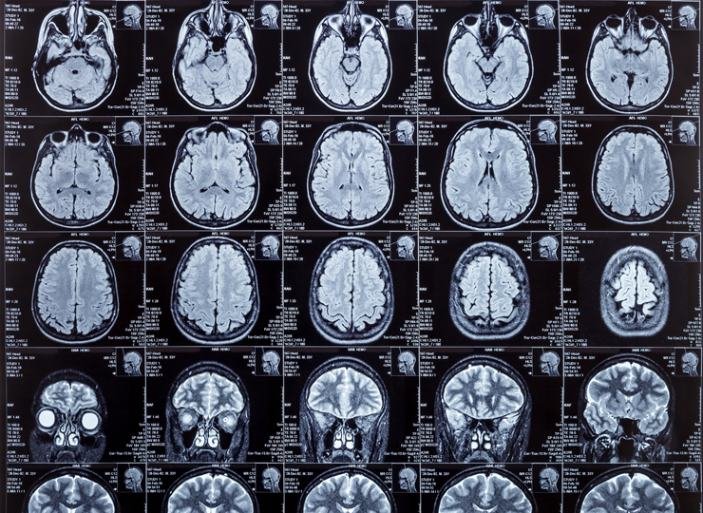
Hospice Admission Guidelines for Alzheimer’s Disease
LCD Guidelines
Alzheimer’s Disease, Dementia and Related Diseases
Patients are classified as being in the advanced or terminal phase of dementia (with a life expectancy of six months or less) if they meet all of the following criteria:
- Reached Stage 7 or higher on the Functional Assessment Staging (FAST) scale.
- Require assistance for walking or cannot walk independently.
- Need help with dressing and cannot do so on their own.
- Cannot bathe without support.
- Experience urinary and bowel incontinence, either occasionally or continuously.
- No longer engage in meaningful verbal communication: they either use repetitive phrases or can speak no more than six understandable words.
Patients must have experienced at least one of the following conditions within the last 12 months:
- Aspiration pneumonia
- Pyelonephritis or another upper urinary tract infection
- Septicemia
- Multiple pressure ulcers at stage 3 or 4
- Persistent fever despite antibiotic treatment
- Inability to maintain adequate fluid and calorie intake, leading to a 10% weight loss in the past six months or a serum albumin level below 2.5 gm/dl.

Comparative Data
FAST Score: Initially documented at FAST stage 7a, the patient has now progressed to stage 7c.
PPS/ADL: The patient’s PPS score has declined, from 50% one month ago to 30% currently. Previously, the patient required a two-person transfer, but now a Hoyer lift is necessary.
Intake Change: The patient has gone from eating 100% of their meals to only consuming 50%. They are now pocketing food, and their diet has shifted from regular to pureed. While they previously ate independently, they now need assistance during meals.
Weight Change: The patient has lost 10 pounds over the past month, equating to a 10% body weight loss over the last six months.
Alert/Oriented: At admission, the patient was sleeping about 10 hours daily; they are now sleeping over 15 hours a day.
Skin Issues: Skin condition should be assessed at each visit. Redness has been observed on the coccyx, though the patient had no prior skin concerns.
Activity: The patient is no longer able to move themselves in a wheelchair. Previously, they could maneuver the wheelchair independently upon admission, but now they lean to the side and require lateral support.
Infections: The patient has experienced new or recurrent infections.
Fever: Recurrent fevers have been noted
Comorbidities
- Kidney Failure
- Pain
- SOB
- Skin Issues
- Anorexia
- Ascites
- Infections
Areas we Serve
Call us at +1 480-565-7558 for inquiries.
